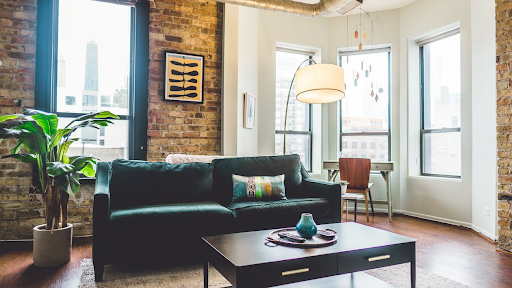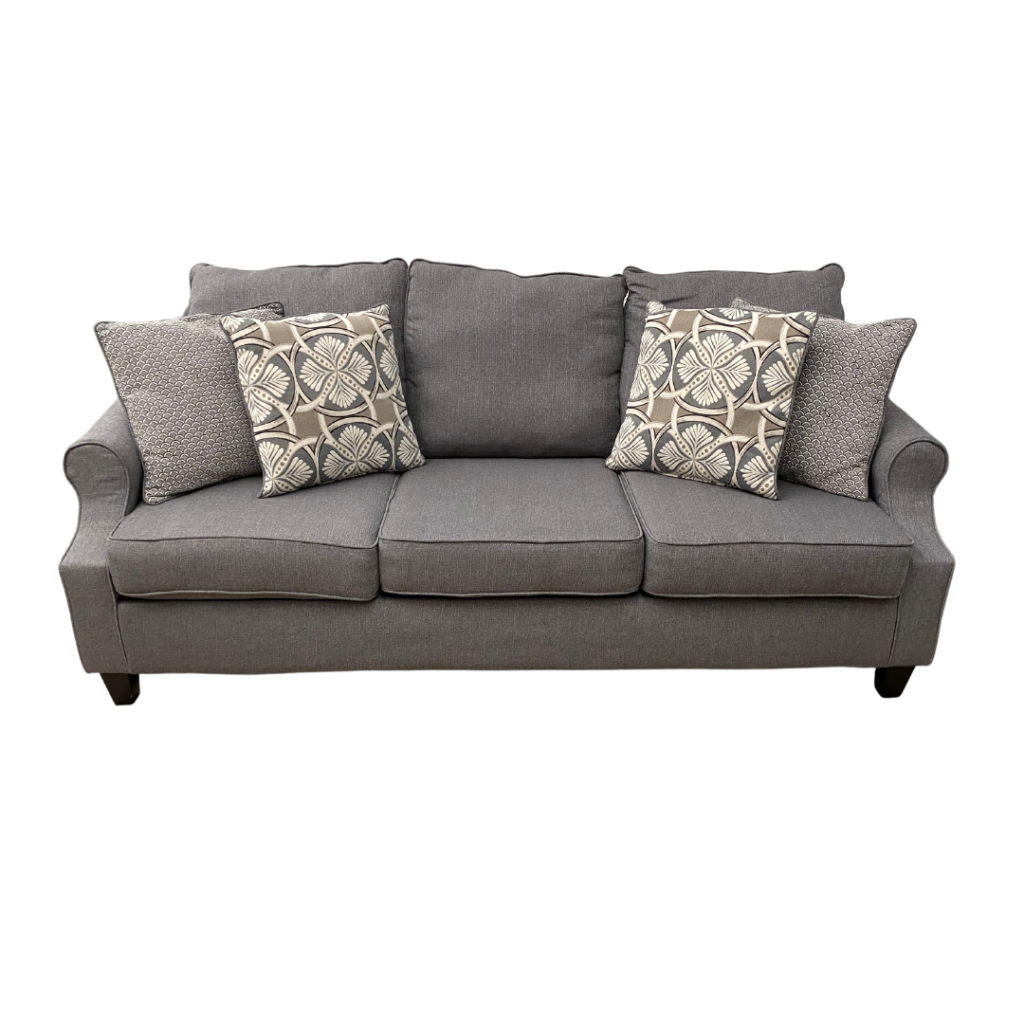Read Time: 2.5 Minutes
Wondering how you can elevate your living space without increasing your carbon footprint? Here’s how you do it the sustainable way:
Make Conscious Decisions
Rule number one is to take your time when deciding on the theme of your home. It’s tempting to rush into big projects, but if you act on impulse, there’s the risk of buying something that you’ll soon want to change again. A carefully considered home is likely to have a much lower environmental footprint than one that is done in a hurry.
Don’t Be Fooled by Fads
Another tip is to be inspired by trends, but not led by them. Remember when avocado-colored bathrooms with carpets were all the rage in the ‘70s? This is just a small (and undeniably bizarre) example of the rise and fall of home décor trends. And don’t even get me started on “Live Laugh Love” wall art…
Just like fast fashion, interior design trends come and go relatively quickly — so it’s always best to go with something that suits your own style and personality.
Buy Pre-Loved Furniture

Opting for high-quality, sustainable furniture and home décor is a must. Not only does it elevate the appearance of your space but it is also more robust and will end up saving you money in the long run. Not got the funds to splash out on your forever furniture? Second-hand furniture is a better option: it costs a fraction of the price and reduces the demand to use more of our planet’s precious resources.
Pre-owned furniture has already endured the test of time and shown its worth and if the frame is solid, it may only need some basic restoration to revitalize it. If you’re short of time and/or the D.I.Y life’s not for you, you can shop directly from companies like CouchCycled who take the stress out of the experience by fixing up and cleaning used couches until they’re good as new again.
Upcycle Your Existing Furniture
If you’re looking to cut the costs and reduce your impact on the environment even more so, why not repurpose an old piece of your own furniture? This could be as simple as a fresh coat of paint to breathe new life into an antique wardrobe, or you can really test your D.I.Y abilities by transforming some old shutters into a cute cabinet.
And by the way, it’s not old-fashioned — it’s vintage, darling.
Support Local Artists and Craftsmen

Our final piece of advice is to ditch mass-produced home décor products that everyone on your street probably already has hung on their wall. By shopping locally from small businesses instead, you’ll cut carbon emissions and reduce air pollution, as well as receive a high-quality item with far more longevity and sentimental value! And who doesn’t love the look of unique, handcrafted home décor and furnishings?



